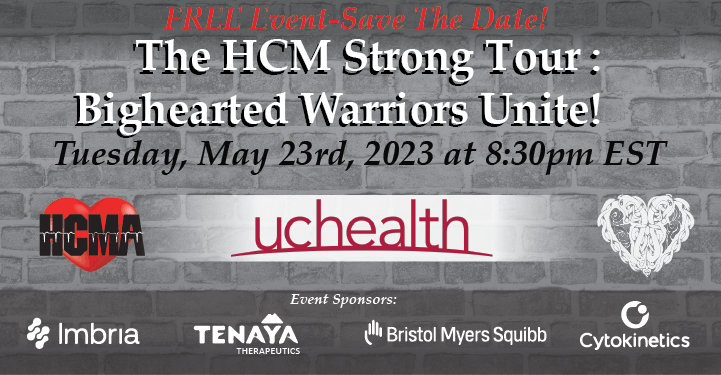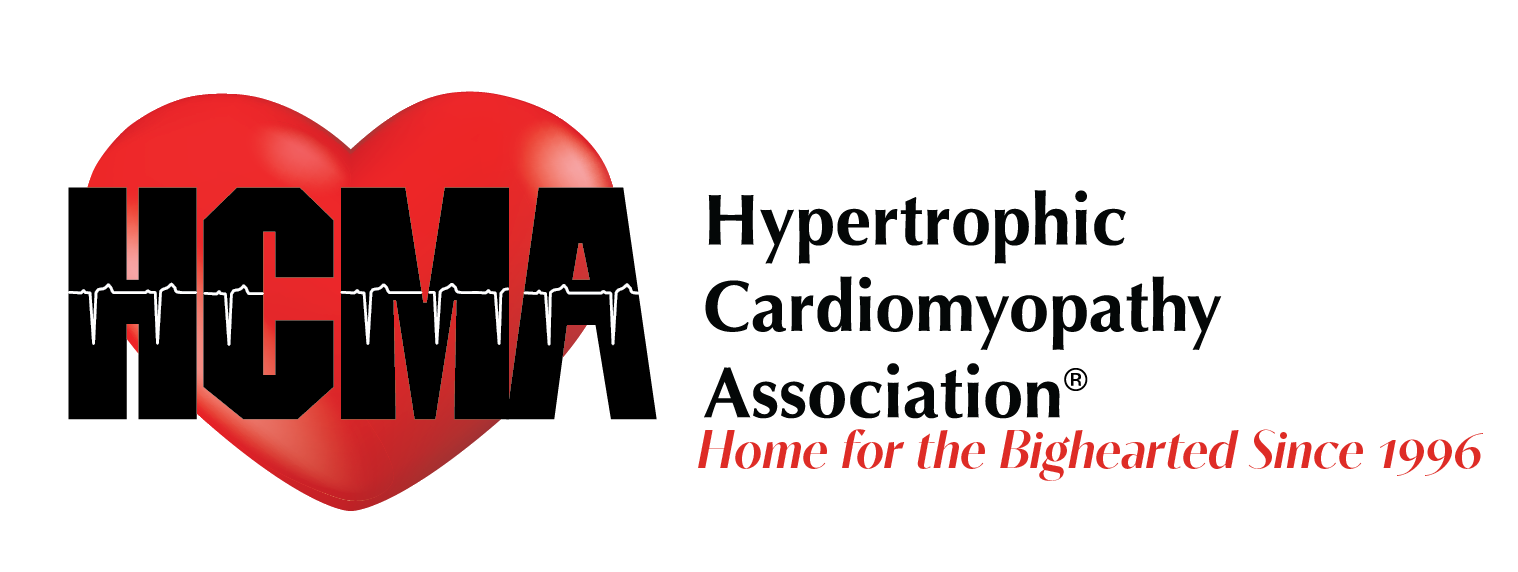The University of Colorado is one of our newest HCMA Recognized Centers of Excellence. The UCHealth Team is honored to be recognized and work in partnership with the HCMA to genuinely provide the highest standard of care for patients with Hypertrophic Cardiomyopathy. The mission of the University of Colorado’s HCM Program is to improve the lives of patients with HCM by providing first-class medical care to patients and their families, by educating others and increasing the awareness of HCM, and by participating in innovative research to advance the field. The UC Health Team provides multidisciplinary care across the spectrum of the disease, with all adult specialists in a single location and pediatric specialists on an adjacent campus. The program’s values are patients first, integrity, and excellence.
The University of Colorado team consists of the following members:
David Raymer MD and Edward Gill MD as Co-directors
Electrophysiology: Alexis Tumolo MD
Pediatrics/Pediatric Electrophysiology: Stephanie Nakano MD
CT Surgery: Joseph Cleveland, MD
Genetics: Matthew Taylor MD/ Louis Mestroni MD
Heart Failure/Transplant: David Raymer MD
Imaging (MRI) Danie Groves MD
Imaging (advanced Echo) Edward Gill MD
Nursing Support: Kristy Gama NP/Cassy Wilkins RN
Co-Director Edward Gill says, “With regard to scientific advancements, we anticipate participating in a number of clinical trials regarding HCM drugs in patients.
The breakthrough myosin inhibitor, Mavacamten, was developed at the University of Colorado at the Cardiovascular Institute at CU Boulder under Leslie Leinwand, Ph.D. Also, Dr. Mestroni has just recently learned of funding of her NIH RO1 grant that deals specifically with cardiac genetics.”
Please join HCMA as we feature The University of Colorado HCM team for our next virtual stop of the Bighearted Warriors Unite tour on May 23 at 8:30 PM EST. Highlights are as follows: Introductions to the UCHealth team, Comprehensive HCM Center Care, HCM Echocardiography: A Primer for Patients, Kids are Not Little Adults: Unique Issues Affecting Children with HCM, & A Look into the Future: Artificial Intelligence & Gene Therapy for HCM. Register here for this free event: https://4hcm.org/inspire_events/bighearted-warriors-unite-featuring-university-of-colorado-hospital/
Please visit for more information about The University of Colorado Hospital – HCM program in Aurora, CO, please visit: https://4hcm.org/university-of-colorado-hospital/

For more information on all HCMA Recognized Centers of Excellence, please visit https://4hcm.org/center-of-excellence/.

The post <strong>The University of Colorado Hospital – Aurora, CO</strong> appeared first on Hypertrophic Cardiomyopathy Association.

 Translate
Translate


